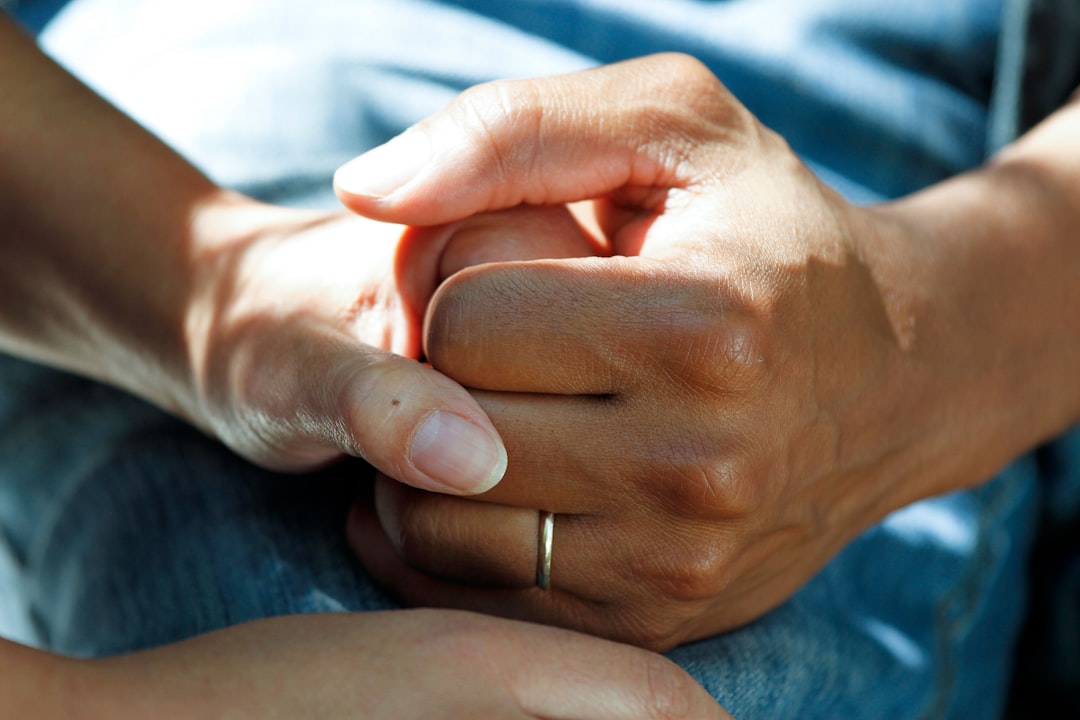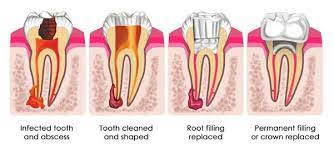We’re all going to get old one day. And when we do, we’re more than likely going to need some kind of support and help to do the activities and tasks that we once used to do with ease, and which are now getting a little bit harder – if not impossible. And while it may not be a particularly appealing thought, it’s a fact of life and one which we can’t escape (although there are plenty of ways to counter the downsides of ageing – discover them here: https://www.finleyregionalcare.com.au/how-to-counter-the-downsides-of-ageing-but-its-best-if-you-start-early/.
Ageing comes with changes in how we move, what we can do and how our brain functions – and may be accompanied by any number of diseases or conditions that affect our health, such as arthritis, heart disease, stroke or diabetes. All of which make getting older a challenge for many.

Which is where aged care comes in.
In the distant past, elderly people were expected to be cared for by younger family members. If they were lacking in family, many older people were sent to poorhouses, where they were poorly treated and devalued by society, and lived less than ideal lives.
Luckily, these times are long gone, and these days we have a much more considerate and healthy approach to elderly care.
Aged care these days is centred around residential care homes where senior Australians who can no longer live independently at home can receive the round-the-clock care they need. It includes accommodation and meals, 24/7 personal care and access to general health care services and nursing services provided by on-site nursing staff.
Residential aged care is subsidised by the Australian government, so that it’s accessible to anyone who needs it. It’s important that every older Australian can get access to the type of care they need.
So, what’s the purpose of aged care
Aged care has a variety of purposes for different groups of people.
For the resident
For the aged care resident, the purpose is clear. Aged care allows older people to maintain their health and wellbeing for as long as possible, in ways that they wouldn’t be able to if they weren’t able to access such care. It does so by providing help with:
- Personal care (for example, bathing, toileting and getting dressed)
- Clinical care (for example, wound care, nursing care and access to health practitioners)
- Day-to-day tasks (for example, shopping and cooking, cleaning, laundry and exercise)
- Filling time (for example, entertainment and activities)
- Social and emotional support (for example, staying engaged and interacting with a community)
Aged care helps older people take care of their mental and physical health and wellbeing, stay safe and secure, be as independent as possible, meet their need for social interaction and stay connected to their community. Without it, many older people would be unwell, unable to care for themselves, at risk of harm, home-bound, lonely and socially isolated. Aged care fills the gap for people who are not able to care for themselves or who have no one to care for them, and allows them to age with dignity.
For the resident’s family
Aged care has a different purpose for the family of an aged care resident. For some families, it’s not possible (or desired) that they take care of an elderly family member, for numerous reasons. They may have no space, inadequate resources, have other needy family members to care for, lack the skills to appropriately care for an aged person, live too far away or simply don’t want the task of caring for an older person.
In addition, many unwell older people with more severe health issues may require more in-depth levels of care than family members are capable of providing. If an older person needs regular medical care, it simply may not be possible for them to remain in the care of family members.
Aged care frees family members from the burden of care that just may not be possible for them to undertake. It allows the elderly person to receive an appropriate level of care in a professional setting, and gives family members peace of mind that their loved one is being looked after.
For the community
Aged care also has an essential purpose in the community. It ensures that we as a community are fulfilling our obligations to care for vulnerable members of society in an appropriate and respectful way.
Caring for the vulnerable and elderly is the mark of a civilised and humane society, and allows older people a respected and honoured place in society. It’s essential that we do this, and to value those older, wise and experienced people who have played such a big role in our lives.
Aged care is essential, and Finley Regional Care does it better than most. Have a look at Finley’s caring, respectful and high-quality facility in regional NSW here: https://www.finleyregionalcare.com.au/









Leave a Reply